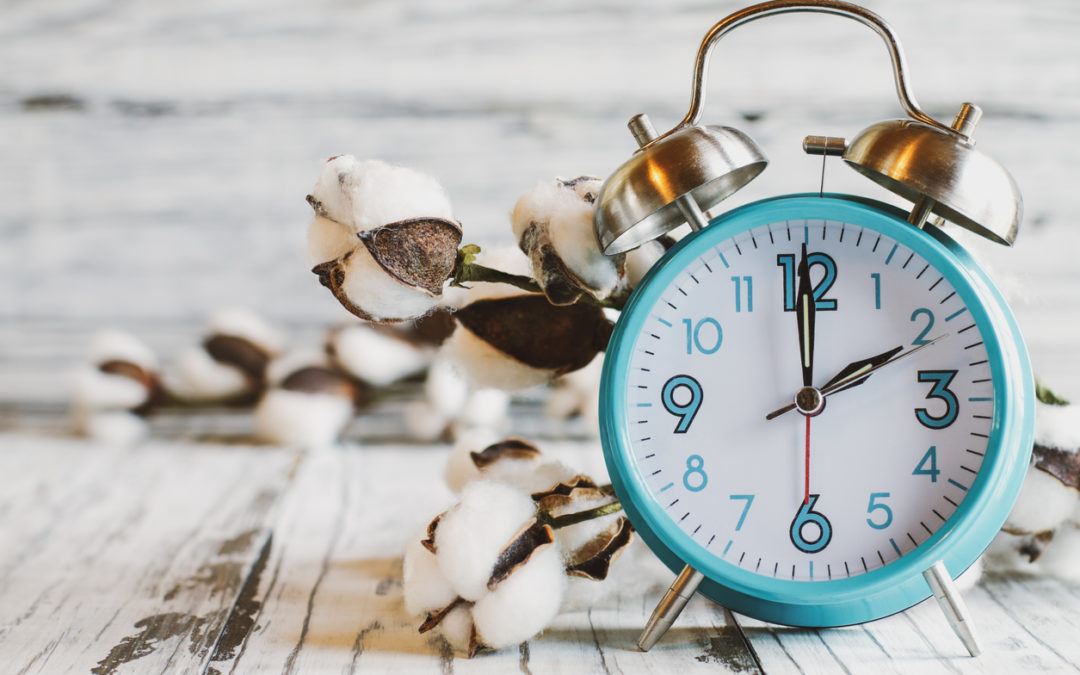It’s that time of year again–time to turn the clocks back one hour. In the United States, we’ve been using daylight savings for more than 100 years. But each year, it still takes a toll on our mental health.
Studies show that many people suffer from depression and anxiety related to daylight savings. For those who already have depression, it can become debilitating.
And this year, the effects could be compounded by coronavirus, a tense election, and social unrest. Everything seems uncertain right now. Most of us are not even sure if we’ll be able to participate in the upcoming holiday traditions that ground us.
Fortunately, there are some things you can do to minimize the impacts of daylight savings on your mood.
Our therapists have offered a round-up of ideas:
- Engage in self-care activities that promote a sense of comfort and security, such as drinking hot tea/hot chocolate
- Increase your time outside (if possible)
- Dedicate time to exercise or engage in physical activity; even simple stretches help to circulate the blood
- Try aromatherapy
- Stick to a routine as much as possible
- Plan to stay connected- call, text, zoom, message loved ones
- Have fun: play games, watch funny movies
- Rest when you need to
- Take breaks from media
- Be gentle with yourself
Many people also benefit from using light boxes. At Sunshine Lady House, our crisis stabilization program, we offer guests light boxes with doctors’ approval. Here are two articles we have them read to learn about using a light box:
https://www.psychologytoday.com/us/blog/urban-survival/201601/10-ways-get-the-most-out-light-therapy
https://www.healthline.com/health/depression/light-therapy

As we approach Daylight Savings time, it’s important to be aware how the limited daylight can affect your mood. It’s important to be gentle with yourself as you adjust (especially in light of recent world events) and try to stick to a routine as much as possible.
Megan Hartshorn,
Fredericksburg Clinic Coordinator

